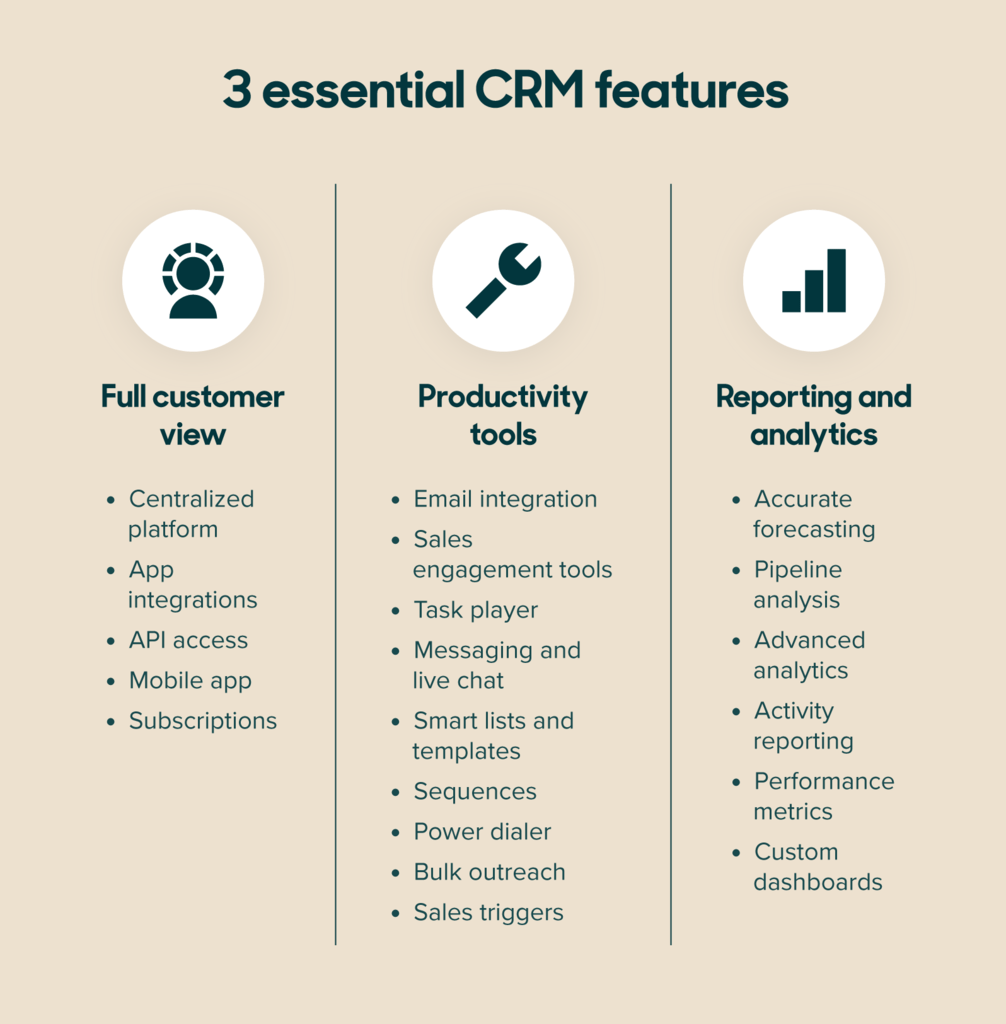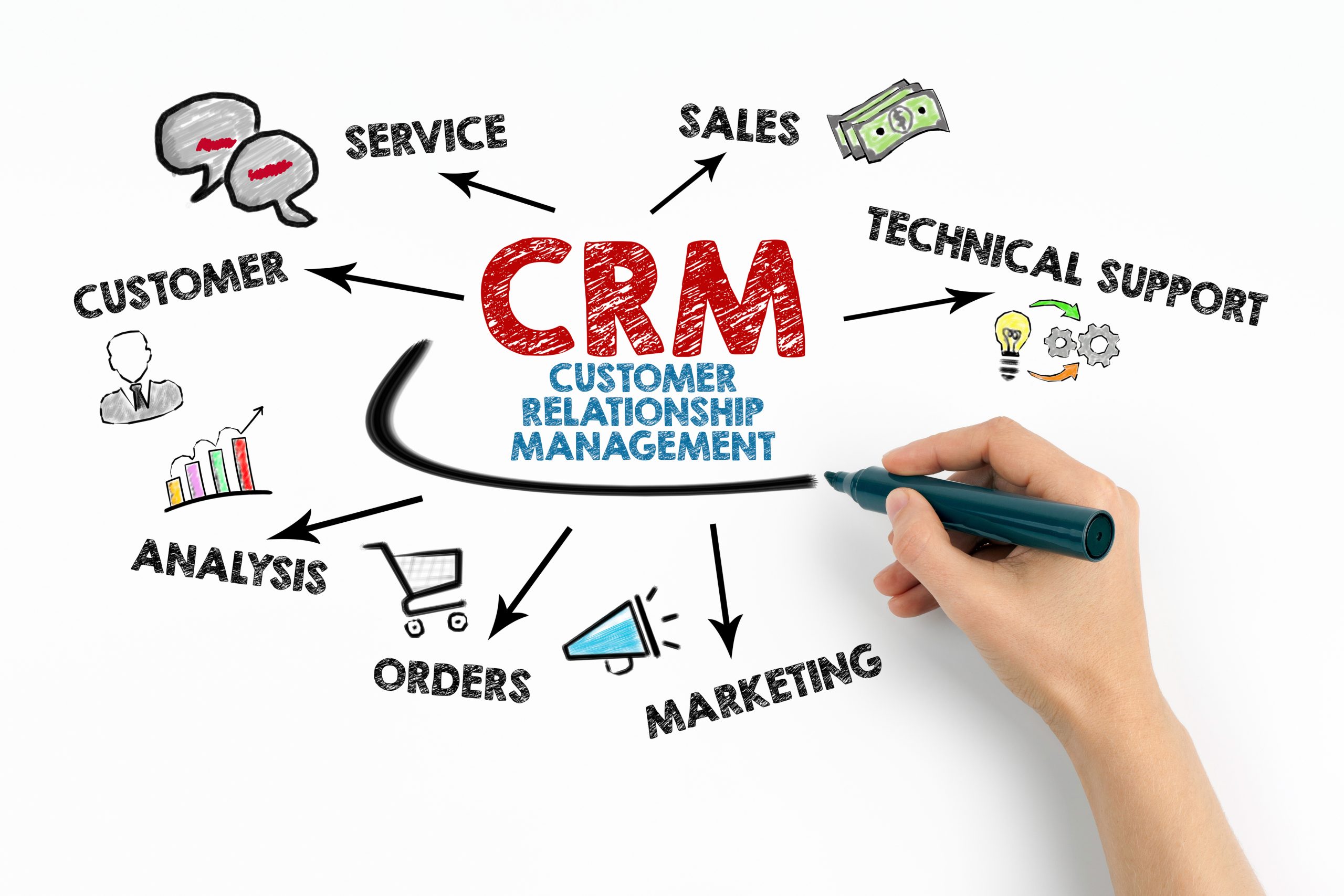
CRM for Board Meeting Scheduling: Streamlining Governance and Enhancing Efficiency
In the modern business landscape, effective governance is paramount for sustainable growth and success. Board meetings serve as the cornerstone of this governance, providing a platform for strategic decision-making, oversight, and accountability. However, the process of scheduling, organizing, and managing board meetings can be complex and time-consuming, often involving multiple stakeholders, conflicting schedules, and a myriad of logistical challenges. This is where Customer Relationship Management (CRM) systems can offer a transformative solution, streamlining the entire board meeting scheduling process, enhancing efficiency, and ultimately contributing to better governance.
The Challenges of Traditional Board Meeting Scheduling
Traditionally, board meeting scheduling has relied on manual processes, such as email chains, phone calls, and spreadsheets. These methods are prone to errors, inefficiencies, and communication breakdowns. Some of the key challenges include:
- Time-Consuming Coordination: Coordinating the schedules of multiple board members, executives, and other stakeholders can be a logistical nightmare. Identifying mutually available dates and times often involves lengthy email exchanges and phone calls, consuming valuable administrative time.
- Version Control Issues: Sharing meeting materials, agendas, and minutes via email can lead to version control problems, with different versions circulating among participants. This can create confusion and hinder effective decision-making.
- Lack of Centralized Information: Without a centralized repository for board meeting information, it can be difficult to track attendance, action items, and follow-up tasks. This lack of transparency can impede accountability and hinder progress on key initiatives.
- Security Concerns: Sharing sensitive board materials via email poses security risks. Confidential information could be intercepted or accessed by unauthorized individuals.
- Limited Communication: Traditional methods often lack robust communication channels for board members to collaborate, share ideas, and provide feedback outside of formal meetings.
How CRM Systems Address These Challenges
CRM systems, traditionally used for managing customer interactions, can be adapted and leveraged to address the challenges of board meeting scheduling. By centralizing information, automating tasks, and providing secure communication channels, CRM systems can streamline the entire process and enhance efficiency.
Here are some of the key ways CRM systems can be used for board meeting scheduling:
-
Centralized Calendar Management:
- CRM systems provide a centralized calendar where board members’ availability can be tracked.
- Meeting organizers can easily view board members’ schedules and identify mutually available dates and times.
- Automated scheduling tools can suggest optimal meeting times based on participants’ availability and preferences.
-
Automated Invitations and Reminders:
- CRM systems can automate the process of sending meeting invitations and reminders.
- Board members receive timely notifications via email or SMS, ensuring they are aware of upcoming meetings.
- Automated reminders can help reduce no-shows and improve attendance rates.
-
Secure Document Sharing:
- CRM systems provide a secure platform for sharing meeting materials, agendas, and minutes.
- Board members can access documents from anywhere, at any time, using their secure login credentials.
- Version control features ensure that everyone is working with the latest version of the documents.
-
Task Management and Follow-Up:
- CRM systems can be used to track action items and follow-up tasks arising from board meetings.
- Tasks can be assigned to specific individuals, with deadlines and reminders to ensure timely completion.
- Progress on tasks can be monitored and reported to the board.
-
Communication and Collaboration:
- CRM systems provide communication channels for board members to collaborate, share ideas, and provide feedback outside of formal meetings.
- Discussion forums, chat rooms, and document annotation tools facilitate seamless communication and collaboration.
- Board members can easily share information, ask questions, and provide input on key issues.
-
Attendance Tracking and Reporting:
- CRM systems can track board member attendance at meetings.
- Attendance reports can be generated to monitor participation and identify any potential issues.
- Attendance data can be used to assess board member engagement and performance.
-
Integration with Other Systems:
- CRM systems can be integrated with other business systems, such as accounting software, project management tools, and video conferencing platforms.
- This integration streamlines data flow and eliminates the need for manual data entry.
- Board meeting information can be seamlessly integrated with other business processes.
Benefits of Using CRM for Board Meeting Scheduling
Implementing a CRM system for board meeting scheduling offers a wide range of benefits, including:
- Increased Efficiency: Automating tasks and centralizing information significantly reduces the time and effort required to schedule and manage board meetings.
- Improved Communication: Enhanced communication channels facilitate seamless collaboration and information sharing among board members.
- Enhanced Security: Secure document sharing and access controls protect sensitive board materials from unauthorized access.
- Better Governance: Streamlined processes, increased transparency, and improved accountability contribute to better governance.
- Reduced Costs: By automating tasks and improving efficiency, CRM systems can help reduce administrative costs associated with board meeting scheduling.
- Improved Decision-Making: Access to timely and accurate information empowers board members to make more informed decisions.
- Enhanced Board Member Engagement: Streamlined processes and improved communication can enhance board member engagement and participation.
Choosing the Right CRM System
When selecting a CRM system for board meeting scheduling, it is important to consider the specific needs and requirements of your organization. Some key factors to consider include:
- Functionality: Ensure that the CRM system offers the features and functionality required for board meeting scheduling, such as calendar management, automated invitations, secure document sharing, and task management.
- Ease of Use: Choose a CRM system that is user-friendly and easy to learn. Board members and administrators should be able to navigate the system and use its features without extensive training.
- Security: Ensure that the CRM system provides robust security features to protect sensitive board materials.
- Integration: Consider whether the CRM system integrates with other business systems used by your organization.
- Scalability: Choose a CRM system that can scale to meet the growing needs of your organization.
- Cost: Compare the costs of different CRM systems and choose one that fits your budget.
Conclusion
CRM systems offer a powerful solution for streamlining board meeting scheduling, enhancing efficiency, and improving governance. By automating tasks, centralizing information, and providing secure communication channels, CRM systems can help organizations overcome the challenges of traditional board meeting scheduling and unlock a wide range of benefits. As businesses increasingly recognize the importance of effective governance, the adoption of CRM systems for board meeting scheduling is poised to grow in the years to come. By carefully selecting and implementing the right CRM system, organizations can transform their board meeting processes and achieve significant improvements in efficiency, transparency, and accountability.

